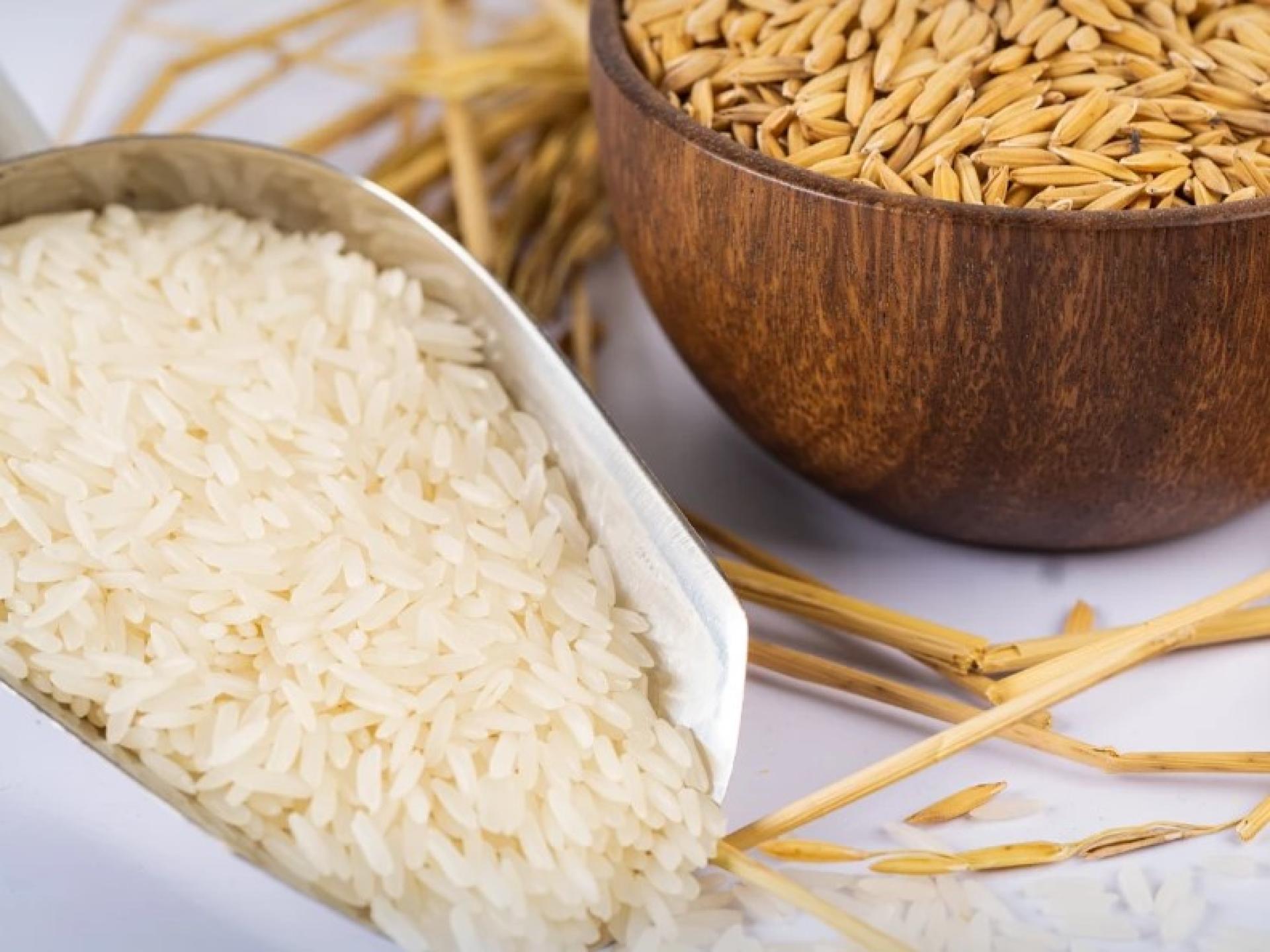On the 12th, Wattayakorn Maninet, Director-General of the Department of Internal Trade at Thailand’s Ministry of Commerce, announced to the media that the “Ministerial Regulation on Rice Trade Fees (No. 2)” has come into effect as of November 7. The new regulation reduces or exempts rice export license fees, providing farmers, cooperatives, and small- and medium-sized rice export enterprises with greater opportunities to enter the international market.
According to the new regulation, farmer groups and cooperatives will be exempted from paying export license fees. Small- and medium-sized rice export companies with registered capital not exceeding 10 million baht (approximately 1.3 million ringgit) need to pay only 10,000 baht (about 1,300 ringgit), a significant reduction from the previous 50,000 baht (about 6,500 ringgit). Companies with registered capital over 10 million baht but not exceeding 20 million baht (around 2.6 million ringgit) are required to pay 30,000 baht.
It is understood that the purpose of the new regulation is to establish a more open trading system and promote a competitive and balanced market environment.
Wattayakorn stated that this measure aligns with the government’s policy goals of promoting the grassroots economy, increasing farmers’ income, and enhancing the international competitiveness of Thai rice. The fee reductions will not only help lower operating costs, but also create more opportunities for export entities to participate in global trade, injecting new momentum into the stability of domestic rice prices and the growth of international trade.
